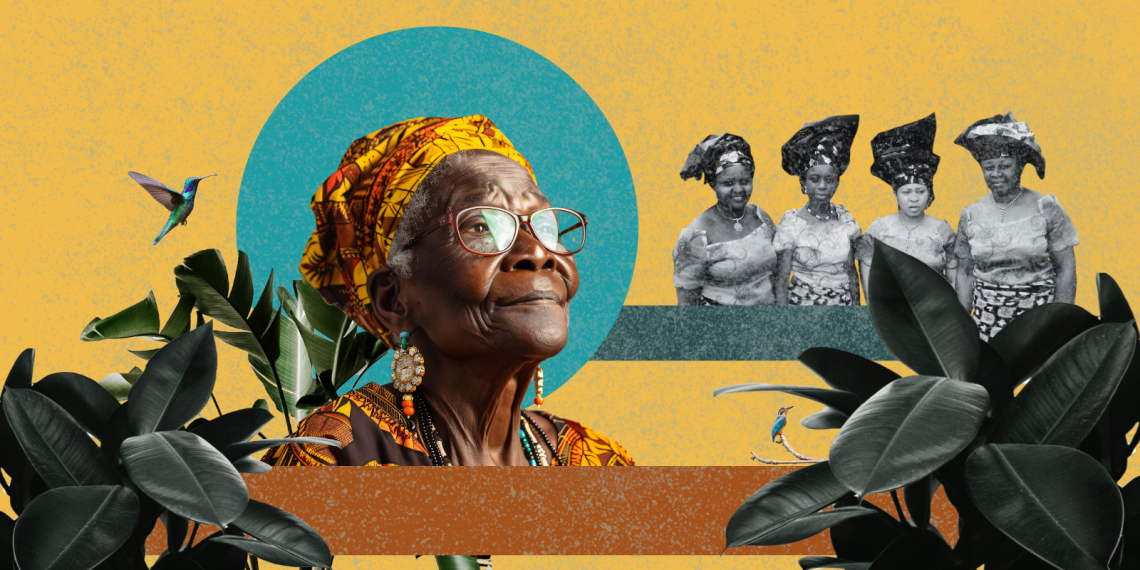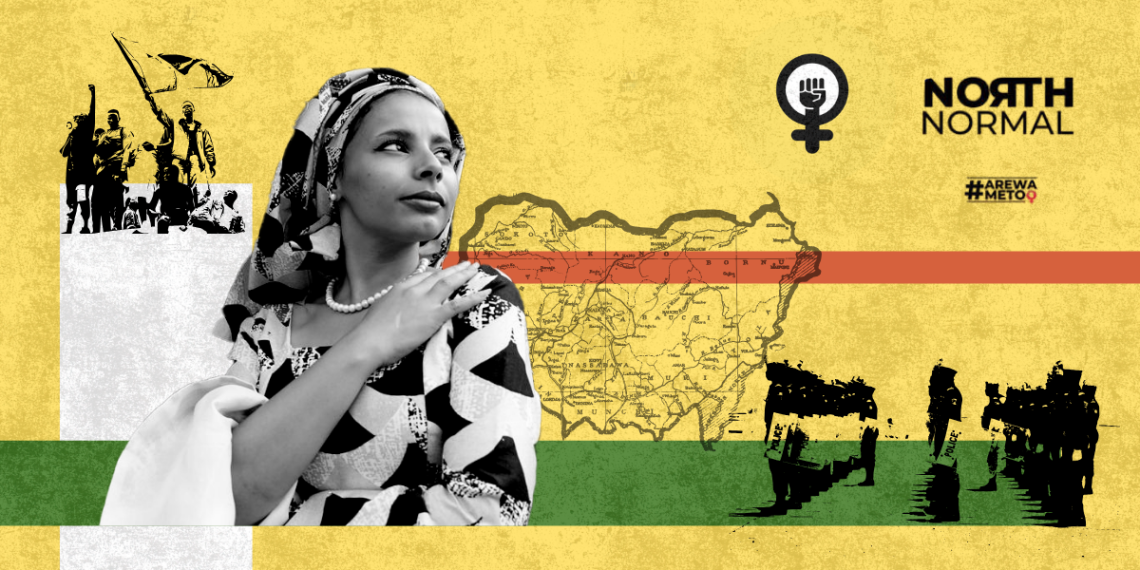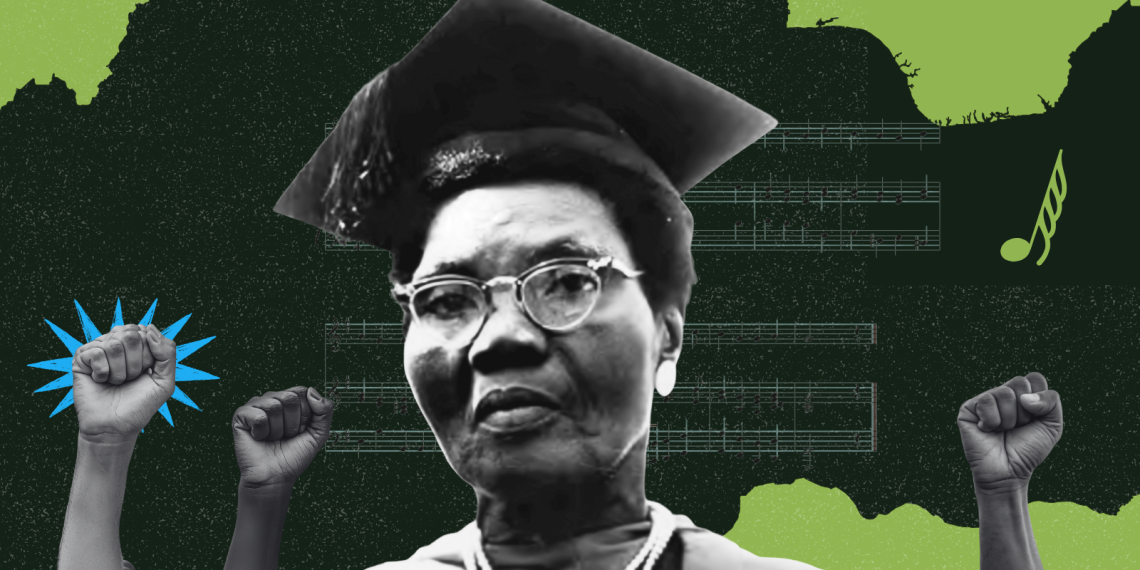Gender & Feminism
Where Are the ‘Daughters’ of Emecheta? Tracing Buchi Emecheta’s Influence
Buchi Emecheta was an acclaimed author of more than 20 books whose writing, according to Margaret Busby, ‘epitomized female independence’. Read more. Read More...
Shadow Pandemic COVID-19, Women and Girls in Nigeria
In 2020, the Federal Government of Nigeria imposed a lockdown and implored residents to stay at home to protect themselves and others from the COVID-19 pandemic. But for many women and children, the home became a dangerous place. Read more. Read More...
Stepping Out of the Shadows Funmi Iyanda’s ‘Walking With Shadows’
With its gay Nigerian protagonist, Walking with Shadows, Funmi Iyanda’s movie adaptation of Jude Dibia’s 2005 novel, promises ambition but is, ultimately, a modest step in the long journey of contending with the extent of Nigerian (in)humanity. Read more. Read More...
Who Is Shade Thomas-Fahm?
Folashade Thomas-Fahm is reputed for being the first professionally-trained fashion designer in Nigeria. Read more. Read More...
Gender, Anti-Colonialism and Nationalism The Anti-Colonial Legacies of African Women
That women’s participation in anti-colonial and nationalist struggles may not be as obvious in existing literature does not mean such participation was peripheral. Read more. Read More...
Fearless Fighter The Revolutionary Life of Vera Chirwa
In the freedom-fighting legacy of Malawi’s Vera Chirwa, you see the power of emotion and feelings, often devalued in women, as the driver of her activism. Read more. Read More...
Egba Women Unite! Lessons from the Egba Women’s Anti-Colonial Movement
For much of history, Egba market women have been erroneously (re)presented as ‘barbaric’ and ‘disorganized’. Such women, however, were indelible forces of anti-colonial resistance. Their legacies invite us to deconstruct anti-colonial struggles—a restorative and equally revolutionary act. Read more. Read More...
Who Was Afi Ekong?
Nigerian artist, art promoter and collector, Afi Ekong, was the first woman to hold a solo art exhibition in Nigeria. Read more. Read More...
Reading Muslim Feminism What to Read on Feminism and Islam
Muslim feminism is still very much an understudied field—the texts in this reading list set a path for understanding the various forms of feminism amongst Muslim women. Read more. Read More...
Modern Slavery, Child Exploitation or Both? Child Marriage in Nigeria
Despite child marriage being recognized and prohibited by both international and domestic laws within Nigeria. Child marriage is still prevalent, especially in the North and argued as an Islamic religious practice. Read more. Read More...
















